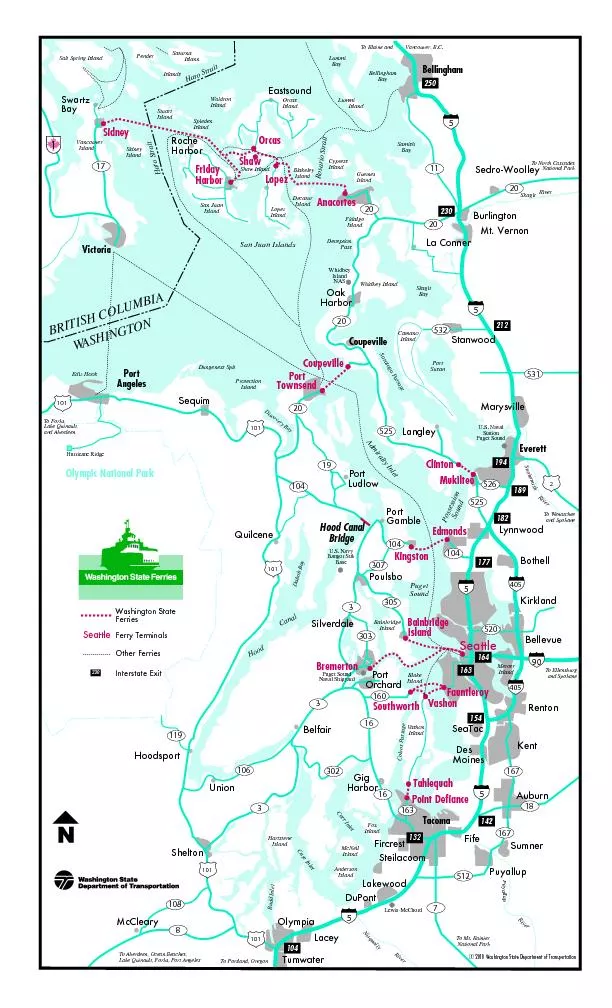PDF-management revue, 21(1): 95-104 DOI 10.1688/1861-9908_mrev_2010_01_Han
Author : conchita-marotz | Published Date : 2016-10-20
96 Dallas Hanson Wayne O
Presentation Embed Code
Download Presentation
Download Presentation The PPT/PDF document "management revue, 21(1): 95-104 DOI 10.1..." is the property of its rightful owner. Permission is granted to download and print the materials on this website for personal, non-commercial use only, and to display it on your personal computer provided you do not modify the materials and that you retain all copyright notices contained in the materials. By downloading content from our website, you accept the terms of this agreement.
management revue, 21(1): 95-104 DOI 10.1688/1861-9908_mrev_2010_01_Han: Transcript
Download Rules Of Document
"management revue, 21(1): 95-104 DOI 10.1688/1861-9908_mrev_2010_01_Han"The content belongs to its owner. You may download and print it for personal use, without modification, and keep all copyright notices. By downloading, you agree to these terms.
Related Documents














